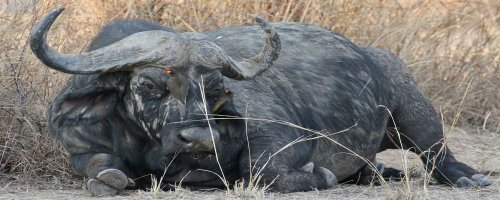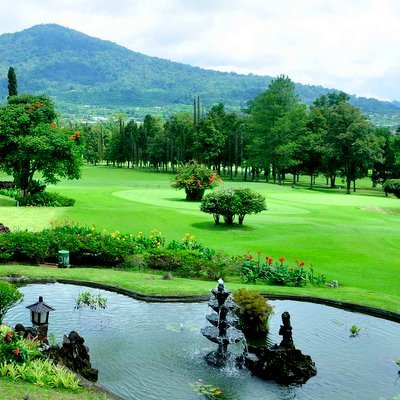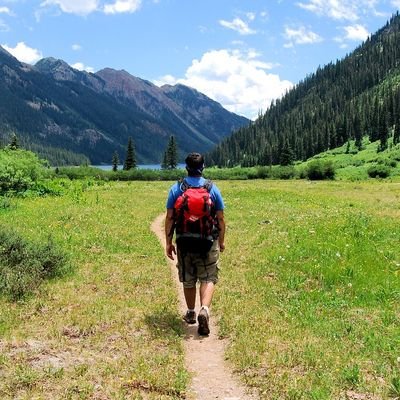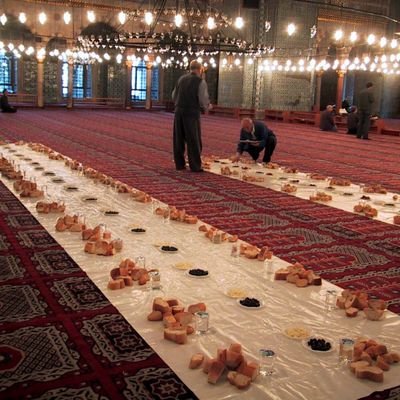Yes, we all throw our hands in the air, scream, shout abuse and maybe type in some scurrilous remark about the guy with the gun standing over a dead African animal when we see those dastardly photographs appear ad hoc on Facebook or other forms of social media. It's a gut reaction from seeing another beautiful animal killed at the hands of a man, or maybe a woman.
I am an animal lover, and yet I still eat meat, and I like leather shoes, coats and handbags. I did not grow up in the countryside, but I had numerous ventures to farms and cattle properties where they either trucked the cattle to the slaughterhouse or did their own slaughtering for their own needs on the property. I could never look at the carcass.
I can understand people turning away from eating meat, but historically humans have been indulging in meat-eating for at least 2.5 million years, and early man would have been indulging in bush-meat when the berries, nuts and plants weren't as plentiful anymore. Hunting and gathering has been in our DNA forever.
Being Australian and not living in the Aussie bush, I really do not understand the "gun and hunting" mentality, but there are plenty of cultures in the world where hunting is a historically acceptable sport, and people pay big money to be able to hunt a challenging wild animal.
Talking about big game hunting amongst Zambian society is akin to bringing up religion or politics. It's on the don't go there list, if you want the conversation to stay polite. To call game hunters "conservationists" seems to be a contradiction in terminology. How can someone who is prepared to kill a beautiful wild animal be a conservationist?
Recently when I was in Zambia, I ended up in the company of a couple of hunting lodge owners, a professional game hunting guide and a couple of people who do hunt. Shock, horror, I actually stayed at a hunting lodge for a week in an attempt to get my head around what these people were telling me.
There are numerous issues surrounding game hunting, actually too many to list here, so I am merely giving a nutshell impression.
In short, Zambia is almost a bankrupt country (think 117th out of 128 countries by the World Economic Forum) with nothing much going for it by way of its economy. Rural poverty runs out at about 79 percent, with most village people being subsistence farmers living in huts. These local folk surrounding many designated national parks have traditionally been hunters for eons. Zambia has got into bed with the Chinese for their infrastructure (think roads), so in effect, they have coupled with the country that has a huge culture of using animal skin, bones, teeth and horns in traditional medicine, just as the rest of Asia does.
This scenario brings about the poaching problem of snaring, which is actually the biggest killer of African wildlife. It isn't the game hunters who have paid a fortune to attempt to kill one animal—it's the desperate village people and unsavory types who get into snaring. It's a cheap and easy way to kill animals that they can be paid for via the illegal trade of animal parts. Snaring is indiscriminate in what and how many animals are killed, and the number is huge.
Wrap your head around the fact that, since Kenya banned game hunting, poachers have decimated its national park wildlife. The country is in the throes of bringing back hunting lodges to protect what animals are left in its parks.

Game hunting and conservation is all about the circle of life. In the middle of this circle you have the national park where the animals are protected. The next circle around this sacrosanct tract of land is the game management area that is controlled by the Zambia Wildlife Authority, where hunting lodges are located. The last circle is that where the local villages are located, with their small herds of cattle, chickens and "chili fences" to keep the elephants out.
There are no fences at all between any of these circles, so the wild animals can roam as much as they like. When a lion kills a village cow (worth about US$200), the village people will poison the carcass, so that when the lion pride comes to feed on it, all of the lions in the pride will be killed (think along the lines of anywhere up to US$50,000 per lion that a hunter would have to pay).
When hunting lodges are banned, there is no human presence to deter the village people or poachers from freely encroaching into the national parks, which as Kenya has experienced, allows poaching to flourish. In Zambia alone there are 19 national parks and 27 game management areas that require constant and vigilant surveillance, if poaching is to be stopped. How can a country on its knees provide for the safety of its wild animals, when it can't provide the basics for its citizens?
The presence of game hunters in these vast tracts of wild bush puts the poachers at a huge disadvantage. Predominantly, the poachers don't go undetected, and suspicious activity is reported. An illegal killing of an animal is easy for hunters to detect, and this is also reported. Plus, animals injured due to snaring are either mercifully put down or taken to a wildlife shelter for rehabilitation by game hunters.
Game hunting is not indiscriminate, as there are rigid laws about what can be shot. (102 page document - if you care to read it can be found here:
Hunters must buy a license that stipulates how many days they are given to find that animal, the age of the animal and that no females are to be killed. The type of animal and the number are decided annually between the Zambia Wildlife Authority, the local village chief and the game lodge owner, depending on species' numbers, and concessions are agreed upon.
The money that the hunter pays goes three ways:
- A portion to the Zambia Wildlife Authority, who provide anti-poaching patrols, plus ad hoc services to the villages, such as herding elephants via helicopter away from their huts if need be.
- A portion to the lodge owner, who in turn gives employment to the local village people within the game lodges.
- A portion to the village chief, who will not accept a hospital or school in lieu of cash—corruption is everywhere.
Unlike snaring, when quite often the animal is left to die an agonizing death, and the carcass is left to rot because the poacher has forgotten where he put the snares, nothing is wasted when a hunter kills an animal. The meat is predominantly given to the village, with a small portion going to the lodge for its use. Bush meat has become a trendy delicacy to many these days. The hunter has the so-called "glory" of taking the skin or whatever home as a trophy, considering this is what has been paid for.
You need to also wrap your head around the facts of animal behavior and animal management to understand the impact of game hunting. The size of the national parks can only support a certain number of animals, and with many male species monopolizing groups of females; there is an excess of males.
Old males are usually taken out by young upstarts, either by being killed or pushed out of their herd. These lone males have no means of survival if they are used to killing in a pack and will usually become fodder for another animal. By taking out the old males, it frees up the females for younger and fitter males to reproduce, therefore strengthening the bloodline and increasing the numbers, which is a proven fact.
I could go on forever about the moral and financial dilemma facing Zambia and its hunting scene. The one thing that stuck in my mind from this experience is the fact that killing an animal in the wild is over in a blink of an eye. The animal has roamed free right up until its last breath. Whilst, that plastic-wrapped meat of an animal that is purchased in a store has been terrified for the last 10 or more hours of its life, from when it's herded onto a truck to smelling the blood of the animal shot before it at the slaughterhouse. Which is more humane?
I find it curious that Charles Darwin, Theodore Roosevelt and Ernest Hemingway were all big game hunters who viewed themselves as naturalists and conservationists that were committed to sustainability amongst wild animals in the places where they stalked game.
Why aren't there pictures of poachers snaring animals or ground up bones in a mortar and pestle being put up on social media, so that we can get serious about who to blame for the loss of African wild animals?
Is shooting one animal to save maybe a hundred worth it?
Gail Palethorpe, a self proclaimed Australian gypsy, is a freelance writer, photographer and eternal traveller. Check out her website Gail Palethorpe Photography and her Shutterstock profile.















